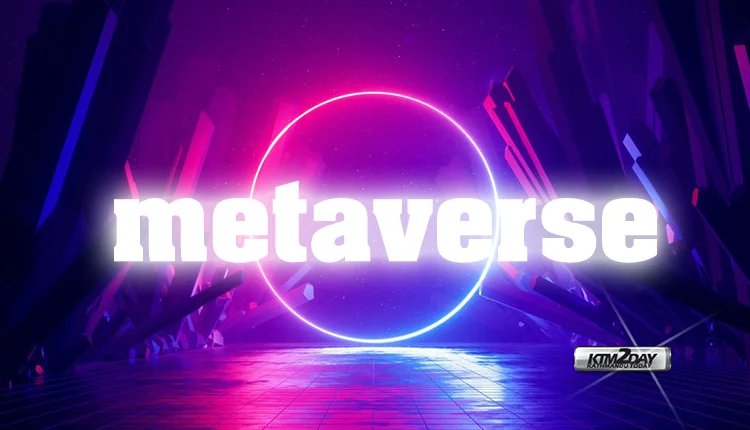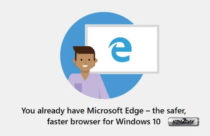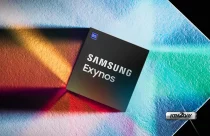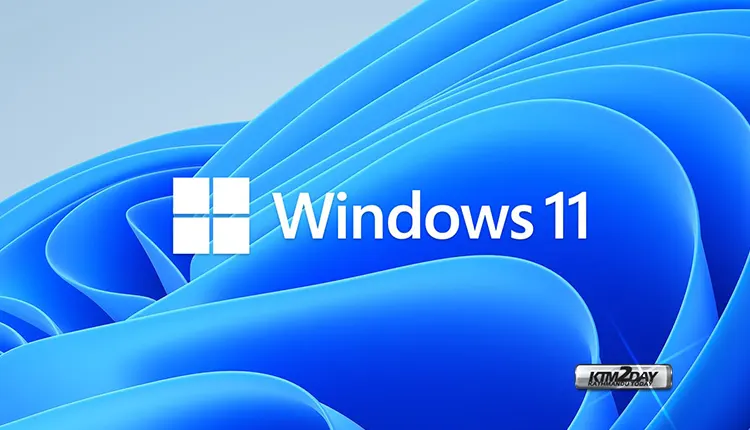Metaverse : A new paradigm for human communication


The week has begun with news that has left many out of place. Facebook claims that in the next five years it will hire 10,000 people in Europe to launch its “metaverse.” This strange concept born from a science-fiction novel of the early 90s has become in recent months one of the buzzwords in the technological world.
Not only is Mark Zuckerberg’s social network interested, but also other giants of the sector, such as Microsoft, Nvidia or Epic Games, the creators of the popular video game Fortnite.
The metaverse would be an evolution of the internet we know today: a virtual universe that expands our physical world and in which people communicate with each other using an avatar. On paper, it looks quite similar to a video game, although its applications go beyond entertainment. Participate in a work meeting, go shopping, attend a concert… The possibilities of this new parallel and digital world are as wide as real life.
In January 2020, essayist and investor Matthew Ball was unable to find a definition of metaverse that satisfied him, but he did manage to establish a foundation that has been widely accepted. Among other characteristics, he affirmed that the metaverse has to be a virtual and persistent representation of our reality, which does not stop and evolves in real time, which has no limit of users and which has its own economy.
When the American writer Neal Stephenson coined the term metaverse in his novel Snow Crash (1992) he already defined a fictional world in which humans could live a parallel virtual life. It is a concept that years later would be reused in such well-known works as Matrix (1999) or Ready Player One (2011), but that, really, is not so novel either. In the 80s, before the arrival of the internet as we know it, communications networks such as the old BBS or online role-playing games already put parallel and virtual worlds on the table, an era portrayed by the cult series Halt and Catch Fire (2014).
In five years people will think of us as a metaverse company, rather than a social network.
Mark Zuckerberg
CEO and founder of Facebook
All this not to mention Second Life, the innovative virtual community that already in 2003 put into practice many of these ideas and that now, 18 years later and partly thanks to the confinement derived from the pandemic, is back in the news. In any case, the vision that Facebook, Microsoft or Epic Games have of the metaverse goes far beyond being a virtual world focused solely on the playful. Mark Zuckerberg has made it very clear: “In five years people will think of us as a metaverse company, rather than a social network.”

In a recent interview with the US media The Verge, the head of Facebook has explained his vision about the metaverse and his plan to “make it happen”. One of its main bets is Horizon Workrooms, a space in which, using a virtual reality viewer, different people can meet to work telematically and carry out all kinds of tasks that are very reminiscent of those of the physical world. In this virtual experience, two key elements of the metaverse coincide: the creation of an avatar – a concept that differentiates these experiences from the social networks we have known so far; and the need for a virtual reality headset, probably the main device of this digital revolution, although it is not always necessary.
It is with examples such as Horizon Workrooms that some of the movements that Zuckerberg’s company has been carrying out for years begin to be understood. It now makes more sense, for example, the $2 billion outlay it made in 2014 to take over Oculus VR, currently the world’s largest maker of virtual reality headsets. In fact, for many years now this giant has been working around the concept of social virtual reality.
The challenge for Facebook is not only technological, it is also legal. The popularity of the metaverse concept has coincided with a moment of crisis for the social media giant, not only because of the recent global downturn in its services, but also because of accusations of not respecting the privacy of its users or promoting toxicity on the network. As reported by The Guardian,the company is currently in talks with American thinktanks with the aim of setting the standards and limits of this evolution of the internet. Obviously, behind everything is advertising, the main revenue stream of the company, whose panorama of a virtual and immersive world seems very succulent.
But the metaverse does not depend solely on Facebook, other large companies have already begun to play their cards to position themselves in this new reality of interconnected universes. Without going any further, another of the characteristics that, according to Ball, should define the metaverse, is interoperability. It is about the ability for experiences from different companies and creators to be interconnected and allow users to jump from one to another without having to change avatars, like someone who tries the different attractions of a large theme park.
One of the companies that is making the most noise is the American video game publisher Epic Games, responsible for the popular Fortnite. Its CEO, Tim Sweeney, has long insisted that metaverse will change how people socialize online. In an interview with The Washington Post,the executive defines it as “an expansive and digitized common space where users can mix freely with brands and each other in ways that allow self-expression and provoke joy.”
One of the best examples of this new form of socialization is already a reality in the famous virtual concerts of Fortnite. In April 2020, as the coronavirus pandemic was going through one of its most critical moments, more than 12 million people attended a travis Scott rapper virtual concert. “Fortnite has become a space for both socialization and playfulness, and one way to express yourself is through the appearance of the character,” said the psychologist specialized in video games, Hector Fuster, in an interview about the success of this title.
In addition to Fortnite, creative platforms such as Roblox or video games such as Animal Crossing have proven to transcend the idea of simple entertainment to become virtual places. Now, not all possible applications of the metaverse go through entertainment. Even before Zuckerberg announced the turn of his company, Microsoft CEO Satya Nadella announced how he would adapt the idea of metaverse to the business terrain. For its part, Nvidia, the world’s largest manufacturer of graphics cards, has been working for some time on replicas of real environments designed as a kind of test environment for the real world.
One of the great debates around the metaverse has to do with the ownership of these interconnected virtual worlds. In the most plausible scenario, tech giants will dominate major environments in a similar way to how they control social media today. However, there is also a decentralized alternative, without owners or closed platforms: This alternative is represented by existing metaverses such as Decentraland, a virtual world owned by users, which has its own currency and offers absolute freedom.
For Mark Zuckerberg, the metaverse is not just “the successor to the mobile internet”; it goes much further. “It’s a corporeal internet where you no longer look at content, you’re inside it,” he told The Verge. It’s actually easy to understand why the Facebook founder seems to be so obsessed with this idea. Bloomberg estimates that this new market offers an opportunity of around 800,000 million dollars. As happened with the internet more than twenty years ago, what on paper aims to be a new paradigm for human communication, can also be a huge gold mine in which the intangible acquires enormous value.
















